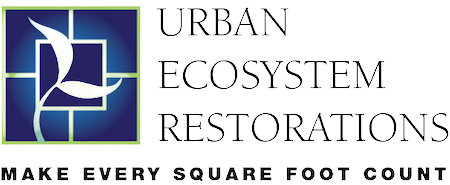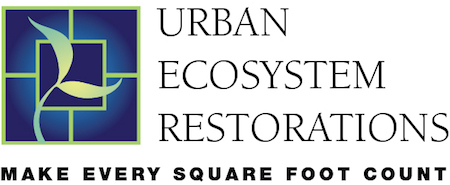As we finish this year’s celebration of Black History Month, it’s important to remember that the legacy of redlining in U.S. cities is not just one of economic disinvestment, housing, and lending discrimination, and institutionalized racism — as upsetting as they are.
Redlining also left a legacy of environmental injustice — not solely because undesirable land uses were often placed in redlined areas, but also because of how redlining’s cascade of consequences produced an extensive and prolonged failure to protect or cultivate nearby nature in these neighborhoods. Nearby nature is a protective force — essential for our health and safety. We know this now, more than ever, as we uncover the truths about how nature protects and heals us in body and mind.
This NPR story about the growing dangers of heat island effects and how they take the biggest toll on our poorest (and least green) urban neighborhoods provides one valuable perspective on what it means to redress racial injustices… even as we celebrate those who have — and continue to — overcome them.
The groundbreaking work of Dr. Kathleen Wolf and Dr. Francis Ming Kuo (and other scholars like them) is also demonstrates the significant health effects of nearby nature on our daily lives. This growing body of research reveals the role of nature in improving mental health, reducing stress, reducing crime, improving cognitive function, increasing emotional resilience, avoiding diabetes, and improving cardiovascular function — just by living in, and experiencing, the presence of the natural world. One research summary of these effects is posted here: https://www.nrpa.org/globalassets/research/mingkuo-summary.pdf. In fact, this research has allowed the National Recreation and Park Association to unequivocally state:
The question is no longer, do people living in greener neighborhoods have better health outcomes? (They do.) Rather, the question has become, do people living in greener neighborhoods have better health outcomes when we take income and other advantages associated with greener neighborhoods into account? The answer is yes.
The research is mounting that nature is a powerful factor in whether we are healthy, both physically and mentally. Recent studies even show that children who grow up in biodiverse settings and play in nature have healthier gut biota and are less susceptible to auto-immune diseases than those who do not — and that even a 28-day intervention that exposes children to this kind of nature play can create beneficial changes in the immune system.
A growing number — and diverse range — of scholars are dedicating their time, intellect, and resources to this topic. While there are too many to count, the Washington, D.C. region is home to a number of them: Naomi Sachs, Saccoby Wilson, Marccus Hendricks, Jack Sullivan, and Jenny Roe are just a few of our local leading lights.
During this month of celebration, let us not forget that the presence of nature all around us is as much an environmental justice and public health issue as it is an “environmentalist’s issue.” To build environmental and health equity, UER looks forward to partnering with all communities concerned with righting the wrongs of racism in our cities so that we can collectively elevate the importance of restoring nature to where we live, work, and play in every community.

